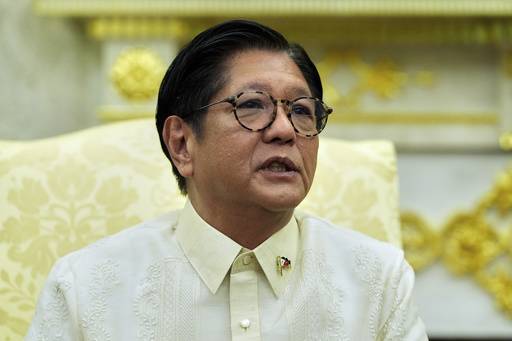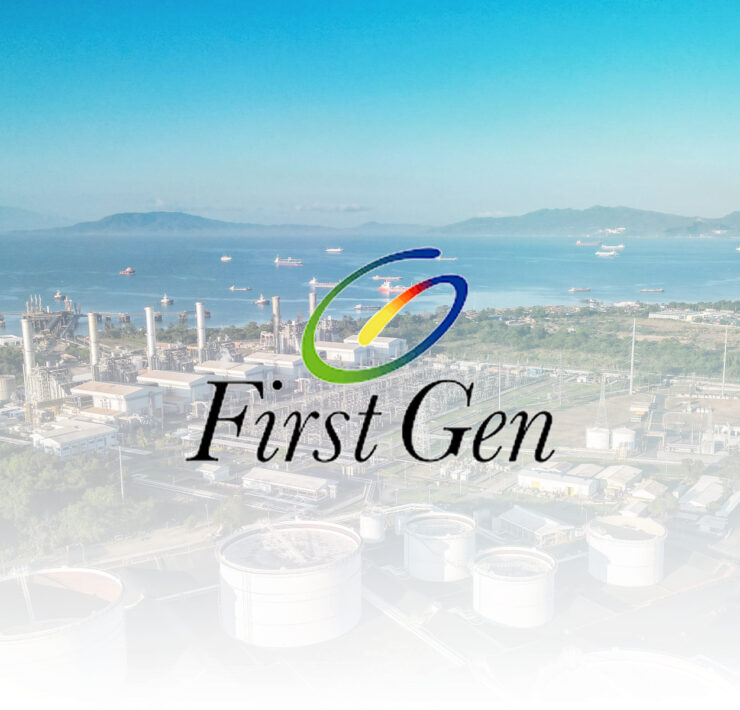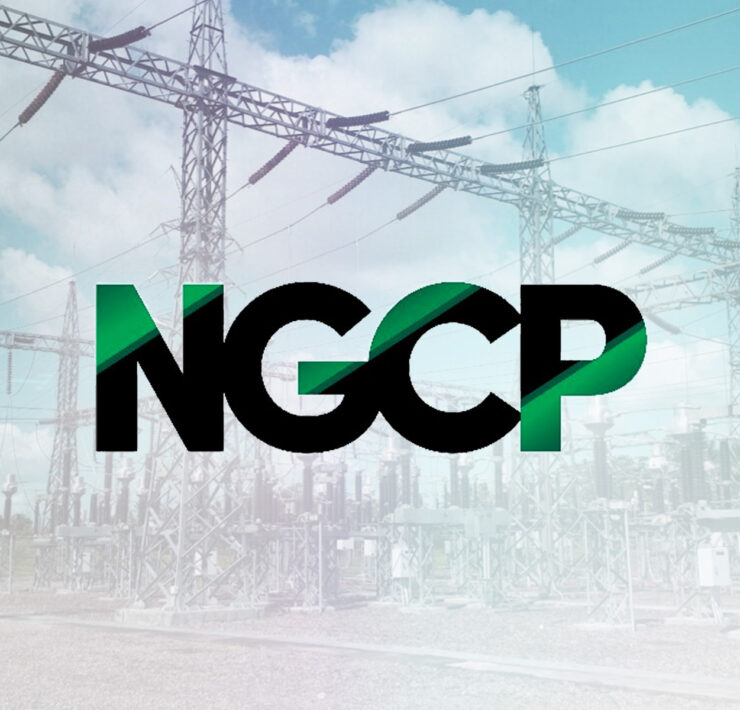Energy firms back Marcos goal on additional power plants

The Philippine Independent Power Producers Association (PIPPA) has expressed support for plans for a pipeline of 200 new power plants as President Marcos Jr. said in his State of the Nation Address.
In a statement, Pippa said local power generators would work closely with key government agencies such as the Department of Energy (DOE), Energy Regulatory Commission and the National Grid Corp. of the Philippines.
Strengthened cooperation with the government would help “achieve the objectives of energy security, reliability, affordability, and environmental sustainability,” according to PIPPA.
In his 4th State of the Nation Address on Monday, Mr. Marcos acknowledged the growing fleet of power facilities in the country, which are crucial to support the rising demand for electricity.
These include new energy sources, especially from renewables — like solar and wind — as well as natural gas.
However, the President said the Philippines continued to face power woes, with around three million households not yet energized.
“Brownouts remain frequent and electricity prices remain high. That’s why we are working faster to connect more homes and strengthen the capacity of our power generators,” he said.
To address this, the Chief Executive said the administration was targeting to bring online nearly 200 power facilities. Once up and running, these plants can deliver power to four million households, or to more than 200,000 factories.
Around one million homes are also expected to have solar power systems, Mr. Marcos said.
He ordered the DOE and the National Electrification Administration to achieve the electrification goals by 2028. He said so, particularly in the provinces of Quezon, Camarines Norte, Palawan, Masbate, Samar, Negros Occidental and Zamboanga del Sur.
In a separate statement, Jay Layug, president of the Developers for Renewable Energy Advancement Inc., has backed Marcos’ energy plans.
“We laud the thrust of the President’s speech on ensuring sufficiency of energy supply by building more power plants utilizing renewable energy to meet the electricity demand,” Layug said.
“The renewable energy private sector will fully support to efforts of the government for a more sustainable future,” he added.





















